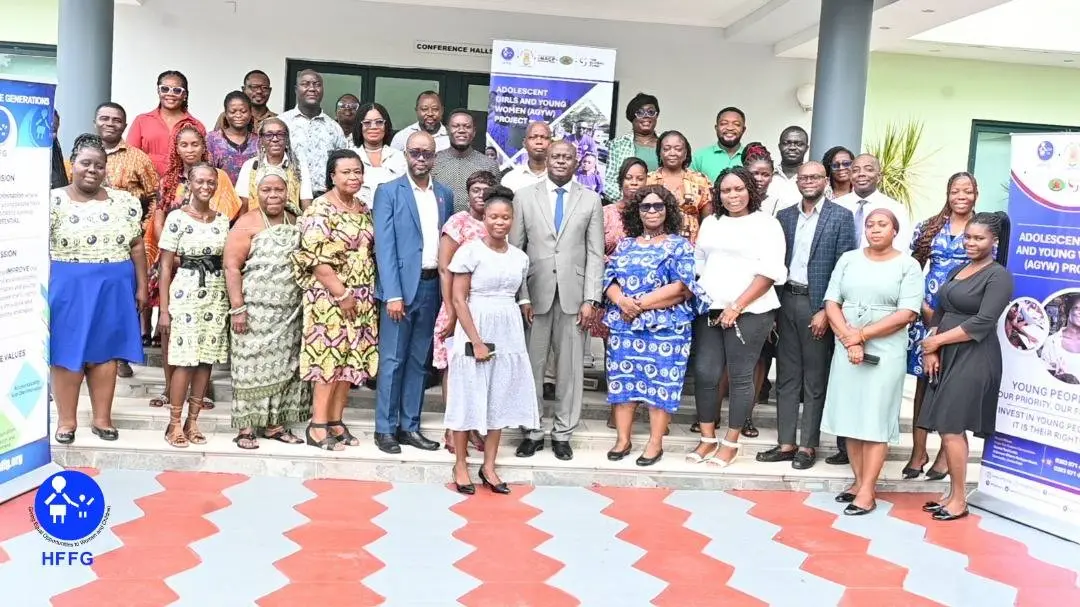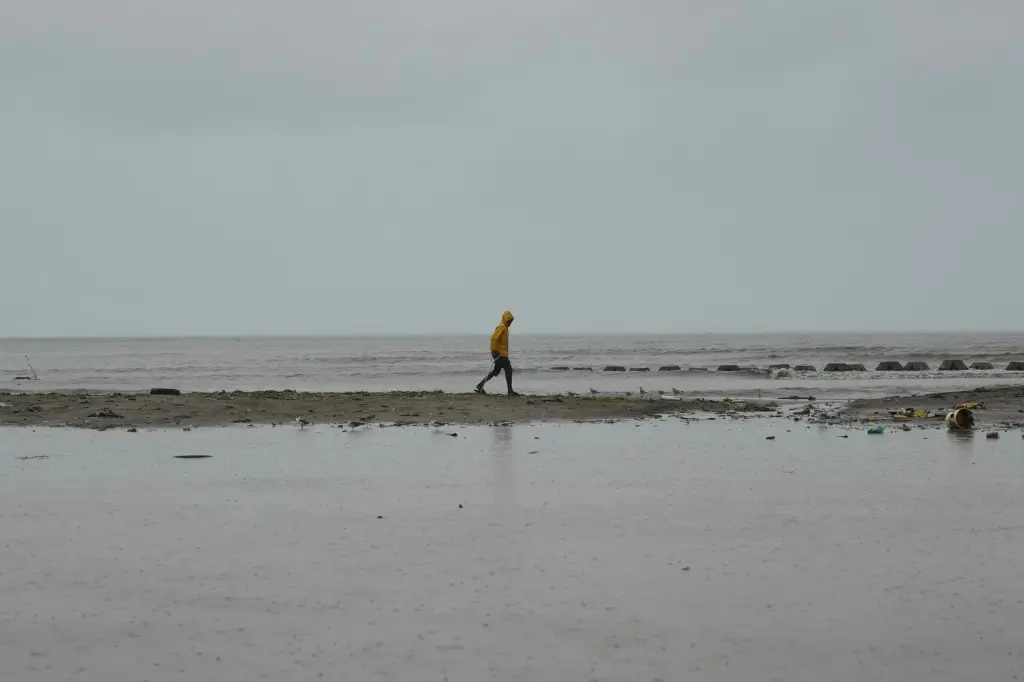Copyright gbcghanaonline

By Rachel Kakraba Executive Director of Hope for Future Generations (HFFG), Cecilia Senoo, has called on stakeholders in the HIV response to show greater commitment to prevention efforts amid dwindling global funding and economic challenges that threaten progress. She noted that many donor countries that previously funded HIV programmes are now dealing with financial crises, making it crucial for the limited resources to be utilized effectively. “Addressing HIV prevention is also a commitment because resources are not there. If you look at what is happening globally, those who give us money are also suffering now, and so the little resources that we have, use it very well to achieve the purpose,” she said. Mrs. Senoo was speaking at a four-day stakeholders’ meeting to develop gender and human rights-related social media campaigns on HIV, as part of the Adolescent Girls and Young Women (AGYW) Project, in Accra. She noted that developing key messages and strategies to reach the target audience will go a long way in preventing new infections, which is a worrying phenomenon. “We want to use your expertise; we want to rely so much on you to come out with very important messages that we can use to end this,” she added. She also urged young girls to take care of themselves and avoid societal pressures. About the AGYW Project The Adolescent Girls and Young Women (AGYW) Project is a transformative initiative to improve sexual and reproductive health services, as well as address critical HIV-related challenges facing adolescent girls and young women in Ghana. The project, which is funded by the Global Fund, is being implemented by Hope for Future Generations (HFFG) in partnership with the Ghana Health Service and the National AIDS Control Programme. It focuses on seven districts across the Greater Accra, Ashanti, and Eastern Regions, which are areas with a high incidence of HIV. The project also seeks to provide targeted interventions for in-school and out-of-school adolescent girls and young women aged 15–24. Acting Director of Policy and Planning at the Ghana AIDS Commission, John Eliasu Mahama, described the project as timely, as it aligns with the strategic direction of Ghana’s HIV response. “This initiative aligns closely with the strategic direction of Ghana’s national HIV response, particularly our commitment to advancing human rights, gender equality, and meaningful engagement of young people. We recognize that despite progress made in the HIV response, HIV remains a major public health challenge in Ghana,” he said. He expressed concern over the growing number of new infections among adolescents and young people within the age group of 10 to 24 years, emphasizing the need to address their vulnerabilities. “The growing number of new infections among adolescents and young people within the age group of 10 to 24 years remains worrying. Therefore, addressing the needs and vulnerabilities of adolescent girls and young women remains central to achieving epidemic control in the country,” he said. Mr. Mahama noted that over the past two decades, the country has adopted a multi-sectoral approach that requires coordinated efforts across different sectors, including health, education, justice, gender, and traditional institutions, among others. He added that language use in promoting human rights in HIV prevention programmes is not merely a tool of communication but an important catalyst for inclusion, empowerment, and change. The Acting Greater Accra Regional Director of Health, Dr. Robert Amesiya, attributed the high rate of HIV infections in the region to risky behaviors driven by financial pressure, ignorance, and discrimination. “Sometimes the transmission is as a result of some economic issues and also ignorance and discrimination,” he said. He added that “the stigma, I would say, is going, but it’s going quite slowly, and I think workshops like this will empower us with what it takes to communicate rightly to people that are concerned so that we can address issues of HIV.” Participants, particularly journalists, were encouraged to develop and disseminate impactful, rights-based messages highlighting the importance of equality, inclusion, and the empowerment of adolescent girls and young women in accessing sexual and reproductive health rights and HIV services.



